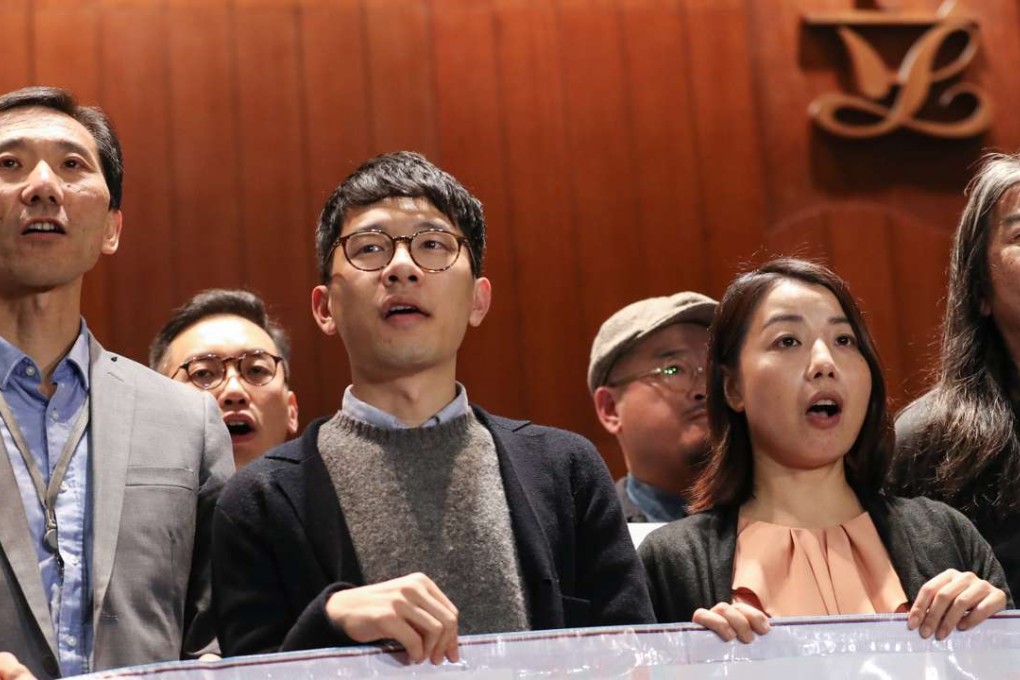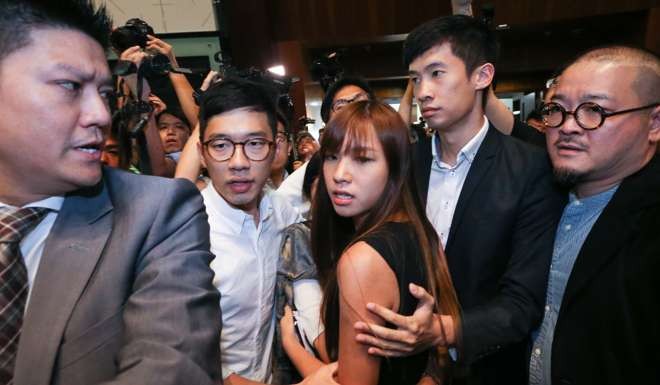As I see it | Oath-taking pair overplayed their hand, and the damage to Hong Kong is dire
Jason Y. Ng says the controversy highlights how youthful passion and popular support can be a force for either great good or immense harm

Oathgate, the political firestorm that started two months ago and has dominated the headlines ever since, is showing no signs of dying down. Like a molten lava flow, the slow-motion disaster continues to threaten everything in its destructive path: the city’s rule of law, the recent Legislative Council election results, the fledgling anti-establishment coalition, and the already dwindling trust between Hong Kong and mainland China.
They have done much more than shoot themselves in the foot – they have recklessly endangered the entire anti-establishment bloc
By now it is clear that the two overplayed their hand and underestimated Beijing’s resolve to stamp out any and all secessionist ideologies. The National People’s Congress Standing Committee issued an interpretation within weeks of the provocation, to clarify the oath-taking provision in the Basic Law and bar from office any lawmaker who did not follow the prescribed wording of the oath or who lacked “sincerity” when taking it.
With only themselves to blame, the pair lost the seats they had fought hard to win, after months of bruising televised debates and taxing election campaigns endured by both candidates and voters.

